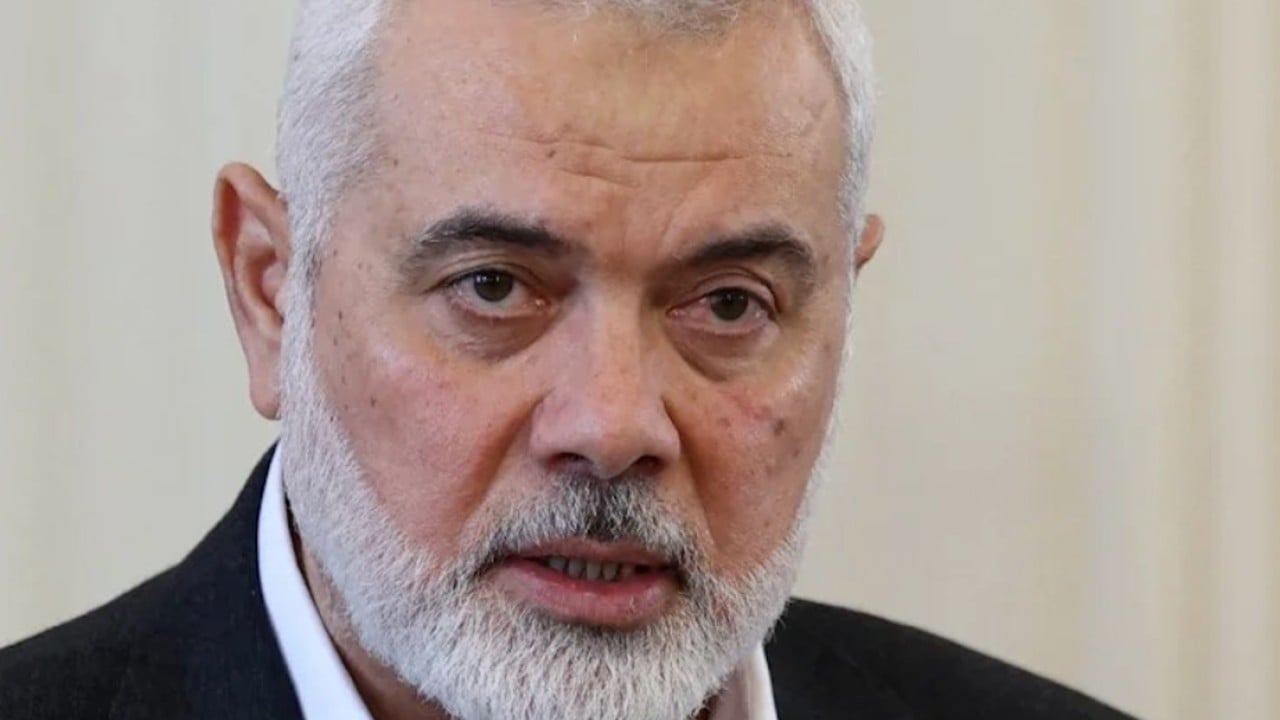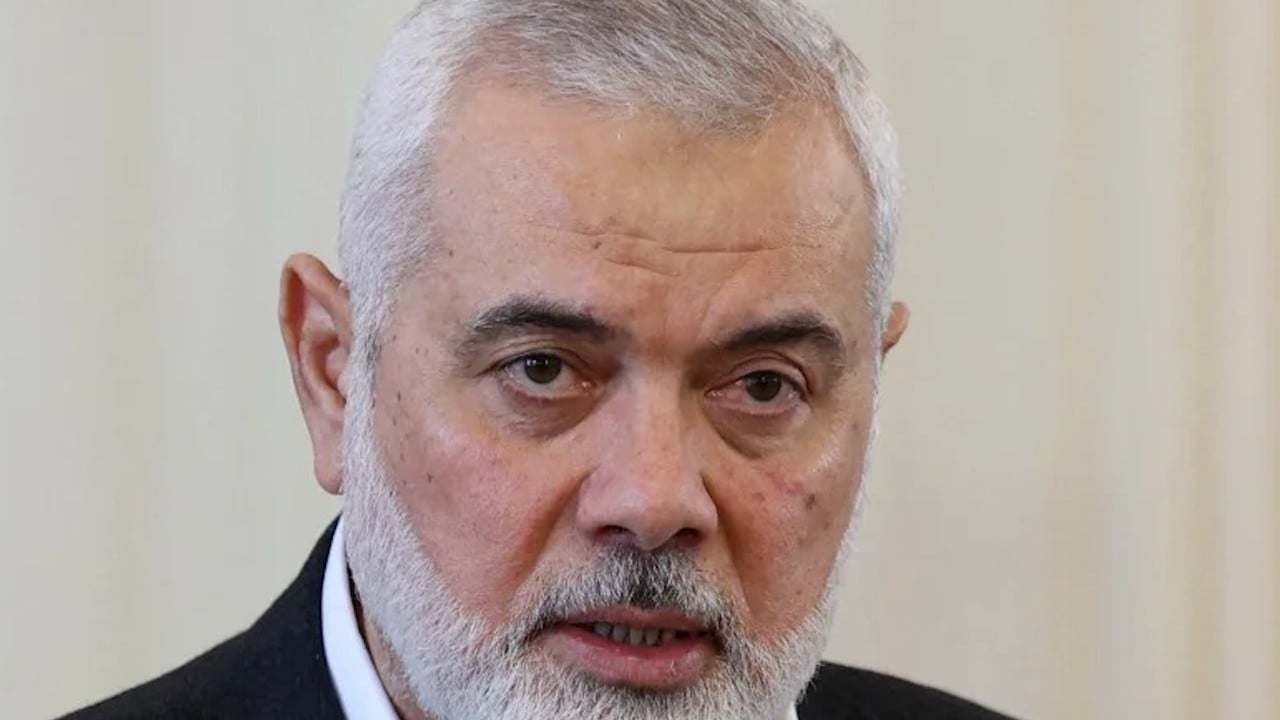Hope is growing that Iran and its allies will calibrate their retaliation against Israel for assassinating Palestinian Hamas chief Ismail Haniyeh in Tehran last month to avoid a devastating response from Israel and the sizeable American military presence gathering in the Middle East.
A renewed diplomatic push last week by key Israeli ally the United States and regional mediators Egypt and Qatar calling for Israel and Hamas to resume talks this Thursday on a ceasefire in Gaza could even persuade Iran to hold its fire, analysts said. Israel continues to neither confirm nor deny accusations by Iran that it was involved in the assassination.
“It is not too late” to diplomatically avert retaliatory strikes on Israel by Iran, Lebanese Hezbollah and their allies, said Barbara Slavin, distinguished Middle East fellow of the Stimson Centre, a Washington think tank.
“If we can get a ceasefire [in Gaza], the Iranians can claim credit,” she told This Week In Asia.
In their joint statement on August 11, the US, Egypt and Qatar urged Israel and Hamas to meet either in Cairo or Doha on August 15 to finalise the details of a framework agreement proposed in May by President Joe Biden.
“There is no further time to waste nor excuses from any party for further delay. It is time to release the hostages, begin the ceasefire, and implement this agreement,” they said.
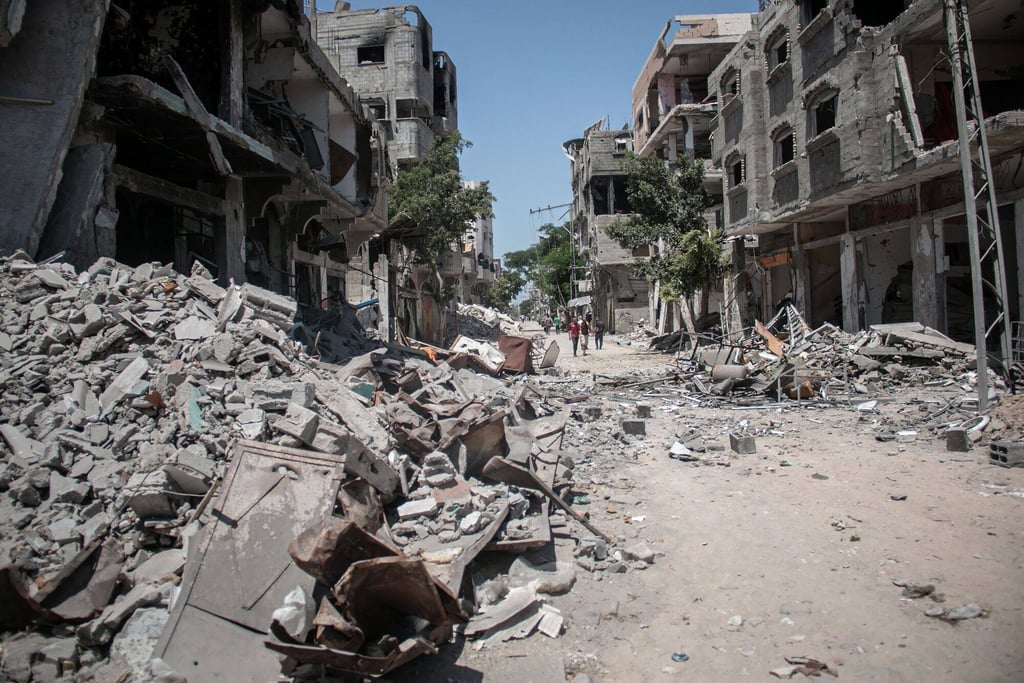
On Monday, Biden and the leaders of Britain, France, Germany and Italy issued a joint statement urging Iran to “stand down its ongoing threats” of a military attack against Israel and discuss the “serious consequences for regional security should such an attack take place”.
Iran’s mission to the United Nations appeared on Friday to signal Tehran’s interest in a diplomatic off-ramp from the escalating tensions in the Middle East.
But the Iranian mission insisted on “punishing the aggressor” Israel for killing Haniyeh in Tehran, saying: “We have the legitimate right to self-defence – a matter totally unrelated to the Gaza ceasefire.
“We hope that our response will be timed and conducted in a manner not to the detriment of the potential ceasefire.”
Fears that Tehran could orchestrate a joint campaign of missile and drone attacks with Lebanese Hezbollah and other “Axis of Resistance” partners in Iraq, Syria and Yemen to overwhelm Israel’s air defences and inflict widespread damage have largely faded.
Hussein Ibish, a senior resident scholar of the Arab Gulf States Institute in Washington, said it was possible that “either or both” Iran and Hezbollah would delay or moderate their response “so as not to give Israel an excuse to escalate even further”.
However, some conflict analysts believe an Iranian military attack on military and intelligence bases in Israel is inevitable.
Iran has not retaliated quickly against Israel because Iran “very likely seeks to ensure that its next attack restores deterrence with Israel while simultaneously avoiding a large-scale war”, the Washington-based Institute for the Study of War said in an assessment published on Sunday.
According to Critical Threats, a project of the Washington-based American Enterprise Institute, Iran also “intends to stoke fear and anxiety” among Israelis by slowing its response and “capitalising on speculation about when and how it will respond”.
Most analysts believe Iran will respond alone to Haniyeh’s assassination on July 31 by targeting certain Israeli security facilities, rather than in concert with its allies.
In part, that is because Tehran wants to retain diplomatic support from its Arab rivals, China and Russia for its principled position that Israel had violated international law by conducting a covert operation on its sovereign territory, analysts say.
Likewise, Hezbollah is expected to react separately and specifically in response to the killing of its military chief Fuad Shukr in a targeted Israeli air strike in Beirut the day before Haniyeh’s assassination.
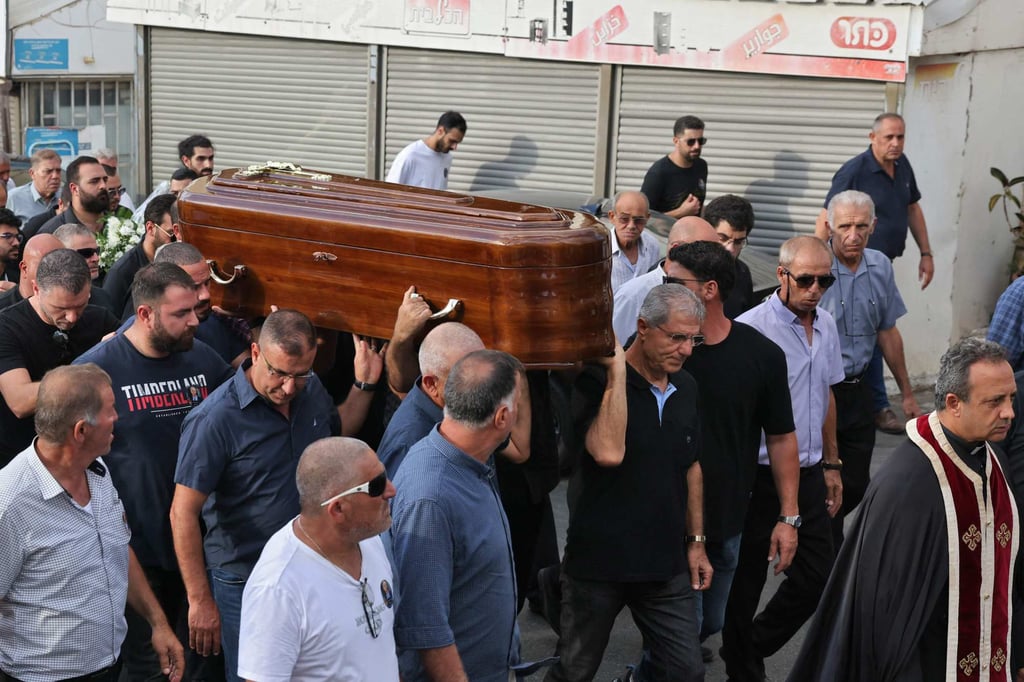
“The lack of a specific response from either Iran or Hezbollah, or both – although it appears they intend to act separately, if at all – suggests that they are proceeding with great caution because neither of them wants a larger conflict,” Ibish told This Week In Asia.
“It does not serve any of their interests at all,” he added.
Tehran and its allies are wary that the US could conduct air strikes against them with the stealth F-22 warplanes it has recently deployed to the Middle East if Washington deems any retaliation against Israel to have gone too far.
In a call with Israeli Defence Minister Yoav Gallant on Sunday, US Defence Secretary Lloyd Austin “noted the strengthening of US military force posture and capabilities throughout the Middle East in light of escalating regional tensions”.
Austin said he has ordered a US aircraft carrier strike force equipped with more F-35 stealth combat planes to “accelerate its transit” to the Middle East and join the aircraft carriers already there, while a guided missile submarine was also en route.
Alongside the American show of force in the region, diplomatic pressure on Israel and Hamas “is mounting on all sides to get a ceasefire”, the Stimson Centre’s Slavin said.
“How often can folks keep walking up to the brink without falling into the pit?” she added.
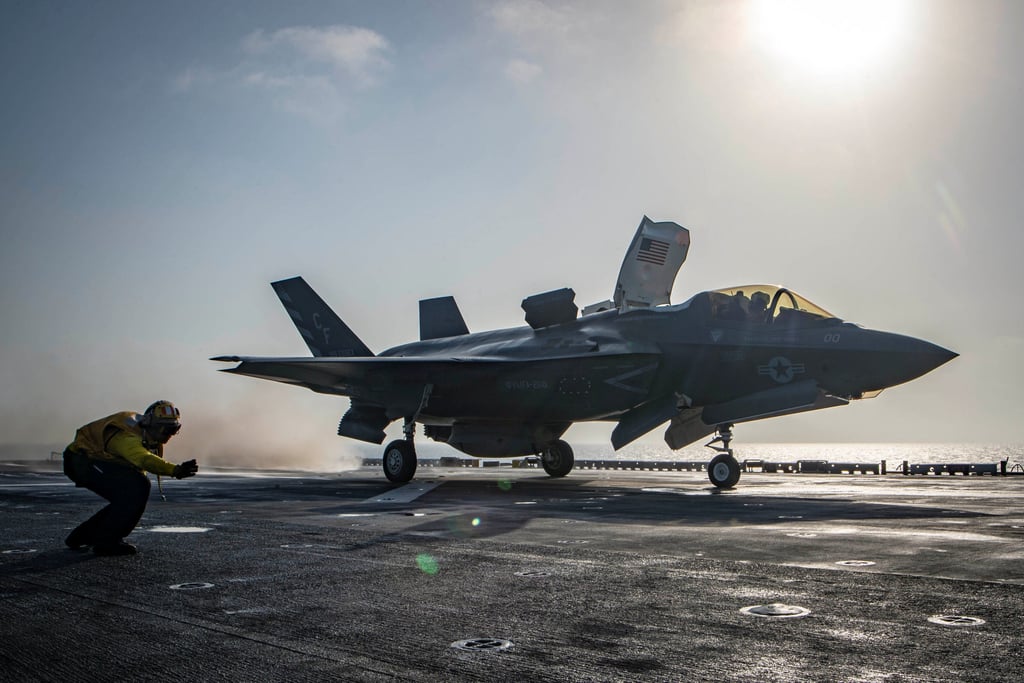
Ibish said “there is such a strong international and regional consensus” that Israel and Hamas should, at the very least, do a partial deal for a temporary ceasefire and prisoner swap, and “that it is making recalcitrance much more painful for both sides”.
But Israel and Hamas are expected to continue to make life difficult for mediators because neither side wants to end the war in Gaza.
Hours after Gallant was told on Friday that “escalation is in no party’s interest” by US Secretary of State Antony Blinken, Israeli warplanes killed more than 90 Palestinians in an air strike on a school in Gaza.
Meanwhile, Hamas has yet to confirm its participation in the round of negotiations scheduled to begin on Thursday. Instead, the Palestinian militant group on Sunday asked the mediating nations to enforce the terms of a draft deal based on the Biden proposal that Israel had rejected in early July.
Low expectations of an end to the war in Gaza any time soon were alluded to by Biden on Sunday when he told CBS News that a lasting ceasefire there was “still possible” before the end of his term as US president in December.
“I’m working literally every single day to see to it that it doesn’t escalate into a regional war. But it easily can,” Biden said.


